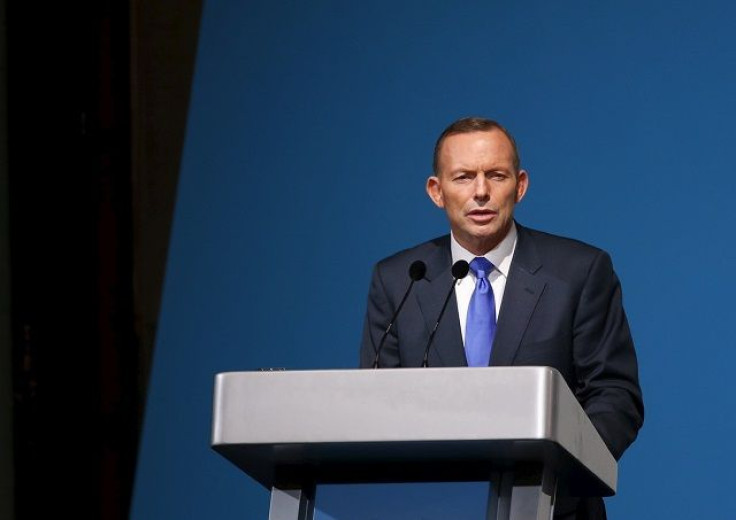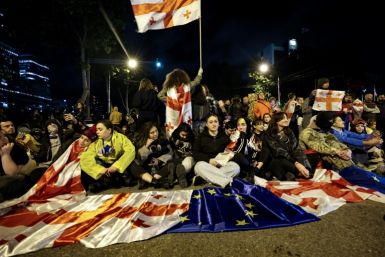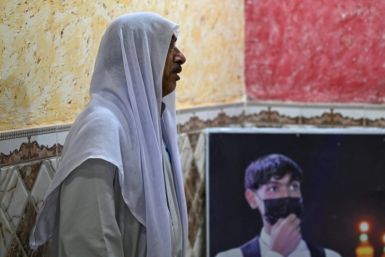Australia’s citizenship stripping may face high court challenge; legal experts find flaws in bill

The Australian Federal Government has been warned by constitutional experts that its plan to strip dual-national terror suspects of citizenship, regardless of criminal conviction, may invite legal scrutiny by the High Court. They tendered this advice to a Parliamentary Committee that is examining the government’s Allegiance to Australia legislation.
According to Duncan McConnel, President of the Law Council of Australia, the procedures for losing citizenship and subsequent administrative action do not provide “sufficient safeguards to accord with the rule of law such as presumption of innocence, the right to a fair trial and right of appeal.” The Allegiance to Australia bill on dual-nationals amends the Citizenship Act and enjoys the "in principle" support from Labor party. The government is aiming to pass the legislation by early September. The original proposal mooted was to empower the Immigration minister to strip citizenship from Australians even if they were not citizens of any other country. Sensing the risk of rendering people stateless, it was rejected by cabinet as soon as the plan was leaked out.
Joint committee
The legislation already introduced into the House of Representatives is under review by the Parliamentary Joint Committee on Intelligence and Security, being chaired by Victorian Liberal MP Dan Tehan. “We want people to come and present their views on the bill. People will come at this from various directions so as a committee we'll be keen to hear what they've got to say and then obviously if there are points that we want to follow through. Then members will be asking questions and hunting for details. We're looking at purely a dual-citizen so not making or considering rendering anyone stateless and also whether it should be applied retrospectively or not,” Tehan said.
Australian Greens Party leader, Richard Di Natale made a scathing attack on the legislation. He said “what we have seen today is a unanimous rejection of the government's citizenship laws. They've been rejected not because there are unworkable but because Australian community does not want a minister at a whim to decide whether you are able to be a citizen of this country.”
Poorly drafted
Making a serious intervention, Constitutional lawyer Professor George Williams advised the committee against the bill passed in its current form. He told ABC radio that the legislation is a breach of the separation of judicial power provided under the Australian Constitution. The legislation seeks stripping citizenship of terror suspects whether in Australia or abroad, irrespective of conviction.
Williams described the bill as “one of the most poorly drafted” and warned it would catch many Australians who have “nothing to do with terrorism.” He said, “It shows evidence of being drafted in haste ... there are many unusual discrepancies between the explanatory memorandum and the bill, there are significant gaps in the bill, that are surprising oversights,” reports The Guardian . In his view, the bill does not deal with the simple issue of what happens if a person is convicted and also on appeal their conviction is overturned.
(For feedback/comments, contact the writer at feedback@ibtimes.com.au)






